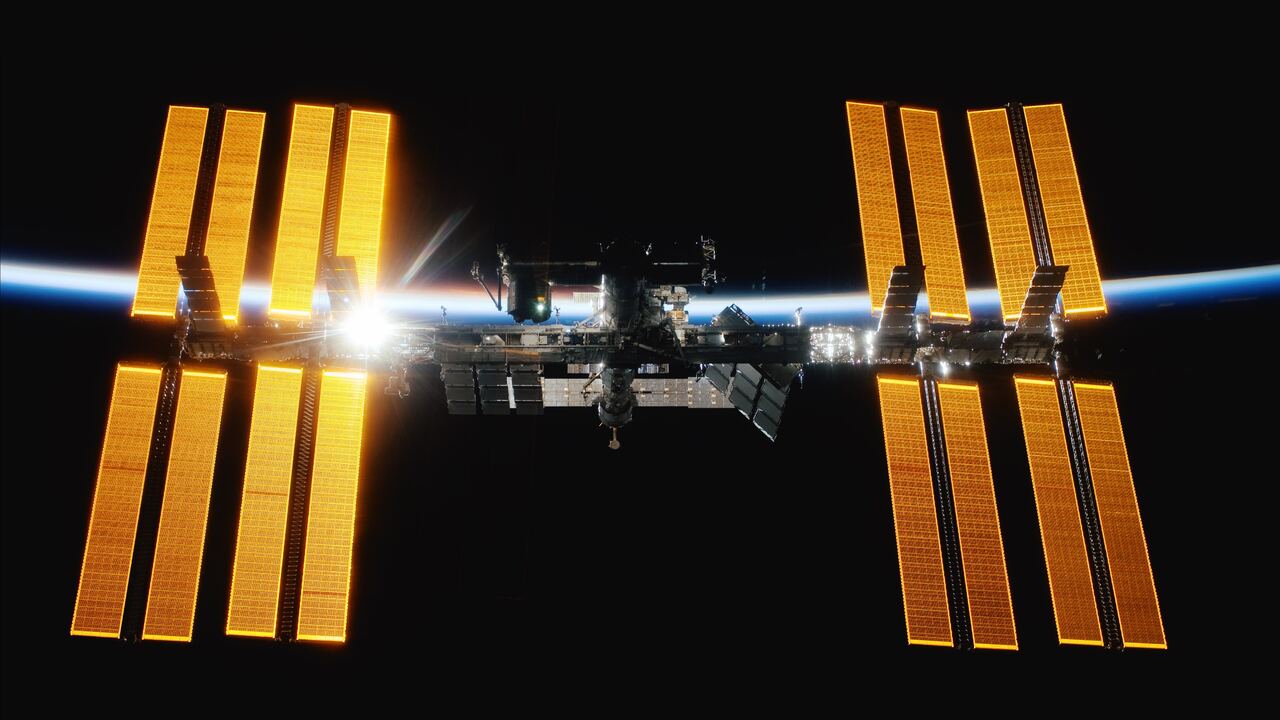Important biomedical research is being conducted on the International Space Station (ISS). Following completion of the ISS, this work will continue on the future Russian Orbital Station (ROS). This information was shared on the Openbio forum by Yuri Smirnov, a leading engineer at the Institute of Biomedical Problems of the Russian Academy of Sciences.
According to plans, the first ROS module focusing on scientific and energy research is planned to be launched at the end of 2027. Node, gateway, base and target modules will be deployed between 2028-2030.
With the change in ROS orbit, special emphasis will be placed on radiation safety for astronauts and research on the effects of hypomagnetic conditions on the body. This is the case when carrying out a lunar exploration program and long space flights. Major research areas related to the ISS, such as the creation of bioreactors and technologies for the production of food and medicine in space, will also be developed at ROS.
The decision to extend the operational life of the Russian section of the ISS until 2028 has already been approved by the scientific and technical council of Roscosmos. This decision depends on the evolution of ROS and other factors and underlines the importance of continuing biomedical research in space.
Source: Ferra
I am a professional journalist and content creator with extensive experience writing for news websites. I currently work as an author at Gadget Onus, where I specialize in covering hot news topics. My written pieces have been published on some of the biggest media outlets around the world, including The Guardian and BBC News.











